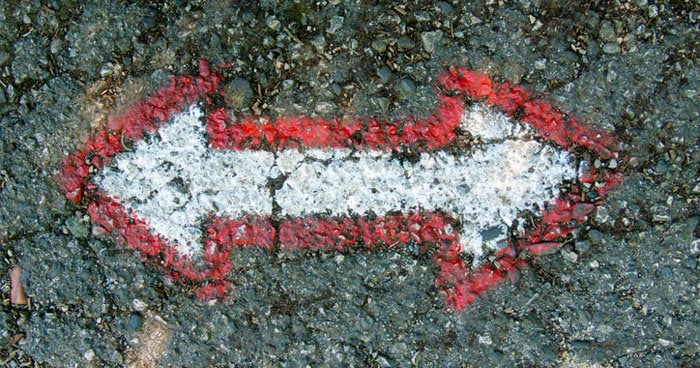 mdragan / Getty Images
mdragan / Getty Images In the first wrenching days after the Simchat Torah Massacre, Israeli Energy Minister Israel Katz made what turned out to be an unkeepable promise: That no humanitarian relief in the form of water, fuel or electricity would be allowed into Gaza until Hamas took the humanitarian step of releasing all Israeli and international hostages. How unfortunate that only one of those commitments has remained in the public eye while the other has been deprioritized, if not forgotten. If not implicitly forgiven.
The selective and intentionally narrow basis on which the term is now comm only used in the context of the current crisis has devalued the term to an almost worthless epithet.
I consider myself to be a humanitarian. I’m confident that you think of yourself to be one too. But it seems as if that term has now been diminished from a concept of inestimable moral worth into a geopolitical partisan accusation. A humanitarian has historically been defined as one who concerns themselves with human welfare – all human welfare. But the selective and intentionally narrow basis on which the term is now commonly used in the context of the current crisis has devalued the term to an almost worthless epithet.
On October 21, exactly two weeks after the massacre, the day that the first aid relief began to be transported into Gaza, the United Nations Office for the Coordination of Humanitarian Affairs (OCHA) issued a “flash update” attempting to summarize what they see as the most dire circumstances the region is facing (https://www.ochaopt.org/content/hostilities-gaza-strip-and-israel-flash-update-15). In a 14-page report, there were exactly two passing references to Israel, the first of which noted that there had been no Israeli fatalities that day and the second which briefly mentioned that the U.N. Secretary General has previously called upon Hamas to free the 200-plus hostages and that two U.S. hostages had been released.
A traditional definition of humanitarianism would certainly include access to food, water and medicine. But it would also contain some reference to the prevention of murder, rape, kidnapping, and slaughter of children, women, seniors and babies. The U.N. report focused almost exclusively on the needs of Gazans, a relevant but incomplete and therefore highly misleading overview of the calamitous situation. But complaining about the United Nations’ innumerable double standards, inherent biases and immoral posturing against Israel has long since ceased to be newsworthy or even especially interesting. So let’s broaden our lens and examine mainstream news coverage of the post-October 7 Middle East.
On the same day that the U.N. report was released and less than 24 hours after two American hostages were freed (of the more than 200 still held captive in Gaza), I entered the terms “Israel,” “Hamas” and “humanitarian” in a Google news search. Twenty-four of the first 25 entries highlight the aid shipments sent into Gaza across the Rafah crossing. One single posting referenced the release of the Chicago mother and her teenage daughter.
This is not to suggest that the freeing of Judith Ranaan and her 17-year-old daughter Natalie was not widely covered news. It received immense media attention around the world. The Hamas propagandists who released two healthy and mediagenic American women knew full well that their ploy would attract tremendously favorable publicity for their cause. We rejoice their safe return, even while we grieve for the more than 200 hostages still in captivity. But Israel still receives worldwide condemnation for not meeting the “humanitarian” demands of those who attacked them. The attackers, in the meantime, are not challenged for their lack of human decency, even as their victims are imprisoned, buried, and mourned.
But the global discussion surrounding the need for humanitarian action remains focused almost entirely on the provision of supplies to Gaza with almost no effort whatsoever to pressure the Hamas terrorists into even minimal and belated humanitarian action of their own. The Israeli government’s caution about goods intended for refugees being co-opted for terrorist use has received scant attention in mainstream media, incorrectly implying that the careful deployment of aid is being slowed only for the purpose of ongoing punishment. But beyond the discussion of Gazans’ access to food, medicine and fuel should be another high-profile and necessary conversation about Israelis’ needs — for safety, freedom and life.
Dan Schnur is the U.S. Politics Editor for the Jewish Journal. He teaches courses in politics, communications, and leadership at UC Berkeley, USC and Pepperdine. He hosts the monthly webinar “The Dan Schnur Political Report” for the Los Angeles World Affairs Council & Town Hall. Follow Dan’s work at www.danschnurpolitics.com























 More news and opinions than at a Shabbat dinner, right in your inbox.
More news and opinions than at a Shabbat dinner, right in your inbox.